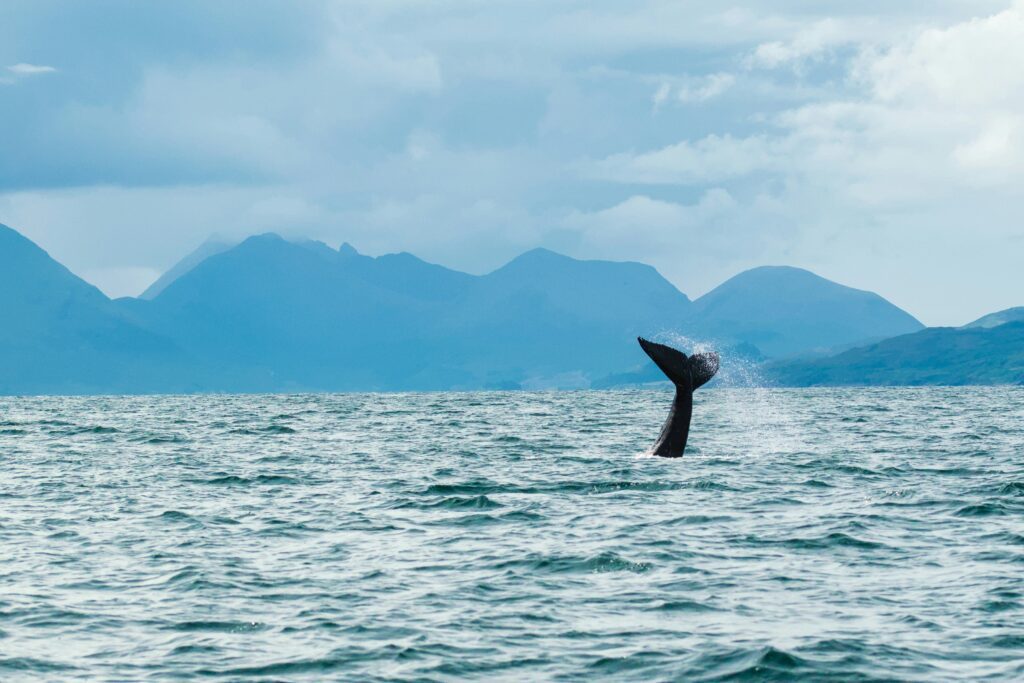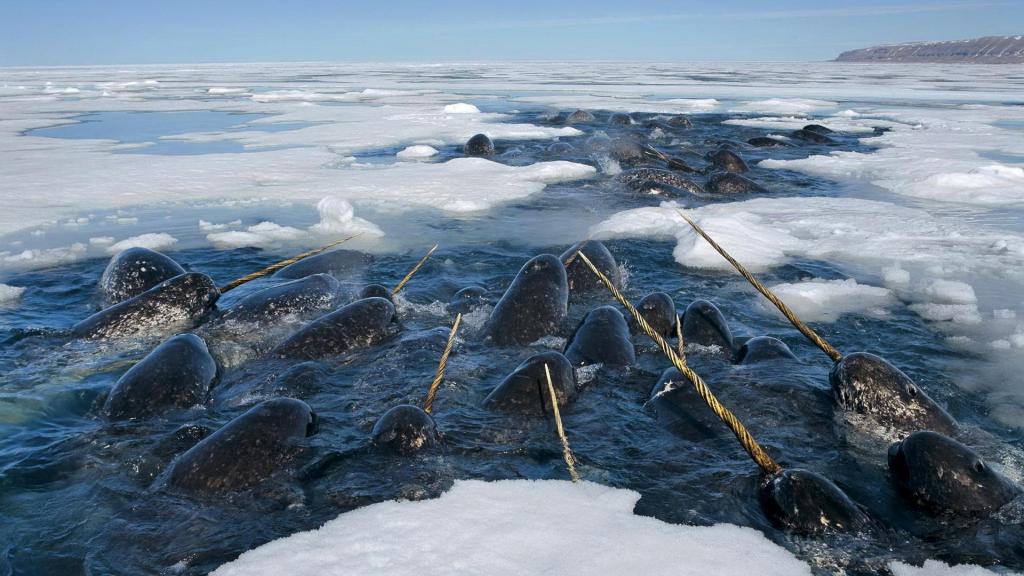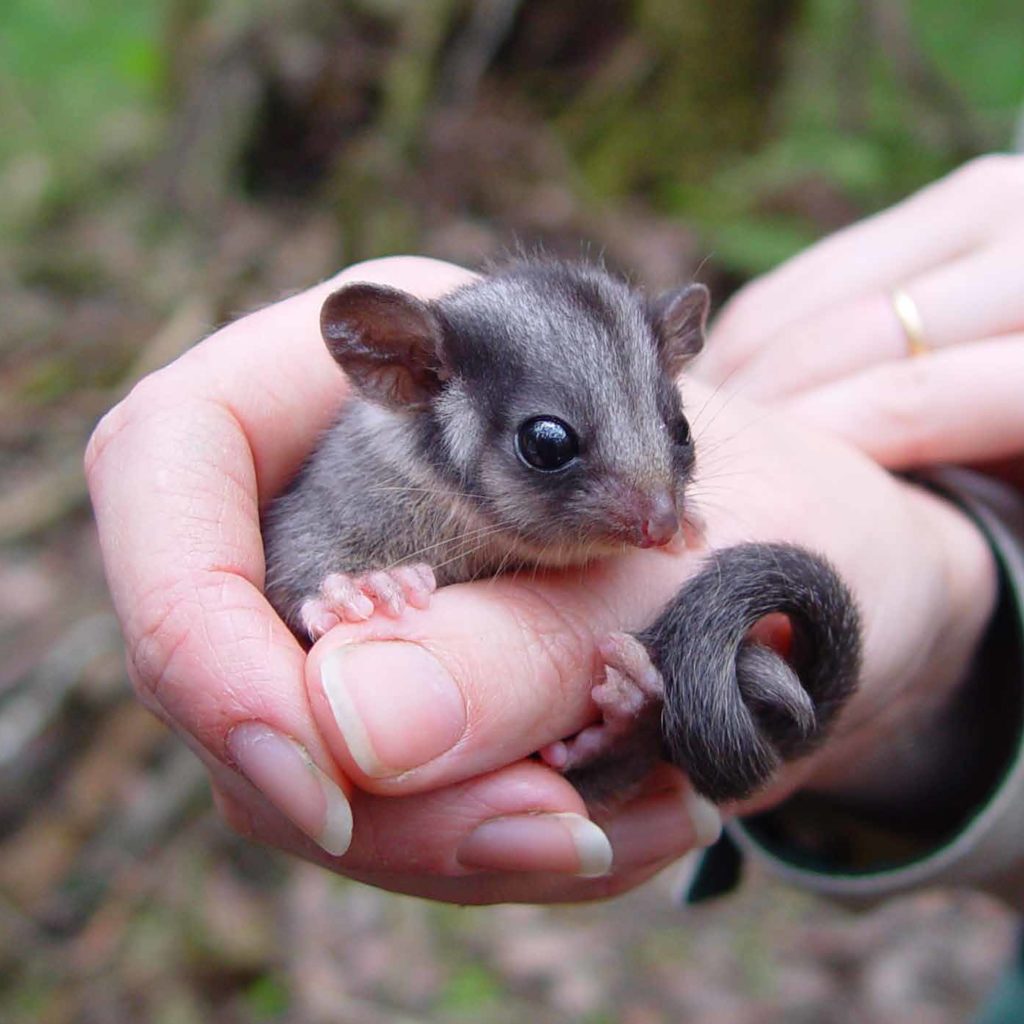In East Greenland, the iconic narwhal (Monodon monoceros) is under threat from overexploitation and may be lost from parts of its historic range. This project sequenced narwhal genomes to elucidate fine-scale population structure, inform demographic history, and assess levels of diversity and inbreeding. These insights will help managers evaluate appropriate conservation actions for these vulnerable animals.
The narwhal (Monodon monoceros) is an iconic marine species, easily recognized for the distinctive, unicorn-like tusk in males. They are considered the northernmost cetacean, primarily living in deep fjords above the Arctic Circle. Although globally narwhals are categorized as a species of “least concern”, subpopulations in East Greenland have suffered from severe overharvesting and are at risk of local extirpation.
The proportion of females is decreasing, older males are overrepresented, and there is a lack of calves and juveniles. If this population disappears, it is unlikely others will recolonize the area. The loss of narwhals in these areas would harm not only the Arctic ecosystem where they function as top predators, but also the local Inuit communities for whom they carry deep cultural and economic importance.
Genomics are critical for understanding threats to vulnerable populations and developing appropriate management strategies, but have been severely lacking for Greenland’s narwhals. Led by PI Dr. Marie Louis (Globe Institute, University of Copenhagen), Associate Professor Eline Lorenzen (Globe Institute, University of Copenhagen), and Professor Mads Peter Heide-Jørgensen (Greenland Institute of Natural Resources), this project aimed to fill critical gaps in genetic resources for these animals by resequencing whole genomes of narwhals from different fjord systems along the coast of East Greenland. Sequencing data would then inform a suite of population genomic analyses, including insights into population structure, demographic history, local adaptation, and levels of diversity and inbreeding.

Principal Investigator: Dr. Marie Louise Schjellerup Jørkov (Globe Institute, University of Copenhagen)
Co-PIs: Associate Professor Eline Lorenzen (Globe Institute, University of Copenhagen) and Professor Mads Peter Heide-Jørgensen (Greenland Institute of Natural Resources),
EXPLORE MORE WILD GENOMES PROJECTS
Keep up with Wild Genomes!
Join our mailing list for bi-annual updates from Revive & Restore, including new calls for Wild Genomes proposals.







